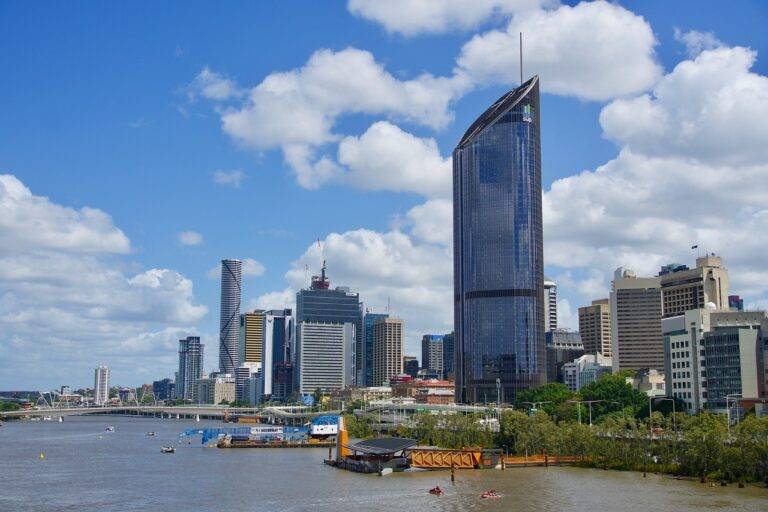Trends in Sustainable Funeral Pyre Materials: Implications for Businesses: Diamondexch sign up, Sky 99 exch, Reddy anna book club
diamondexch sign up, sky 99 exch, reddy anna book club: In recent years, there has been a growing interest in sustainable funeral practices, including the use of eco-friendly materials for funeral pyres. Traditional funeral pyres often involve the use of wood, which can contribute to deforestation and air pollution. As a result, businesses in the funeral industry are exploring new materials that are more environmentally friendly while still honoring cultural and religious traditions.
Here are some trends in sustainable funeral pyre materials and their implications for businesses:
1. Biodegradable urns: Many businesses are now offering biodegradable urns made from materials such as paper, bamboo, or cornstarch. These urns break down naturally over time, reducing the impact on the environment.
2. Natural fibers: Some businesses are using natural fibers such as hemp or jute to create funeral pyres. These materials are sustainable and biodegradable, making them a popular choice for eco-conscious consumers.
3. Recycled materials: Businesses are also exploring the use of recycled materials for funeral pyres, such as recycled wood or paper. This not only reduces waste but also gives new life to materials that would otherwise be discarded.
4. Water-soluble materials: Water-soluble materials, such as salt or cornstarch, are being used to create environmentally friendly funeral pyres. These materials dissolve in water, leaving behind no harmful residue.
5. Plant-based resins: Some businesses are using plant-based resins, such as those derived from sugarcane or soybeans, to create sustainable funeral pyres. These resins are biodegradable and reduce the reliance on petrochemicals.
6. Natural dyes: Businesses are also opting for natural dyes made from plants or minerals to color funeral pyres. This eliminates the need for synthetic dyes that can be harmful to the environment.
7. Cultural considerations: When choosing sustainable funeral pyre materials, businesses must take into account cultural and religious traditions. It’s important to work closely with communities to find materials that are both environmentally friendly and culturally appropriate.
8. Certification and transparency: Consumers are becoming increasingly aware of the environmental impact of funeral practices. Businesses that can provide certification or transparency about the materials used in funeral pyres will likely attract environmentally conscious customers.
9. Education and outreach: Businesses can also play a role in educating the public about sustainable funeral pyre materials. Hosting workshops or informational sessions can help raise awareness and promote eco-friendly practices.
10. Cost considerations: While sustainable materials may be more expensive upfront, businesses should consider the long-term benefits of investing in eco-friendly options. Green practices can appeal to a growing market of environmentally conscious consumers.
Overall, the shift towards sustainable funeral pyre materials represents a significant opportunity for businesses in the funeral industry. By embracing eco-friendly practices, businesses can attract a new customer base, differentiate themselves from competitors, and contribute to a more sustainable future.
FAQs
Q: Are sustainable funeral pyre materials more expensive?
A: While some sustainable materials may be more expensive upfront, businesses should consider the long-term benefits and market appeal of eco-friendly options.
Q: Do sustainable funeral pyre materials meet cultural and religious requirements?
A: Businesses should work closely with communities to ensure that sustainable materials align with cultural and religious traditions.
Q: How can businesses promote eco-friendly funeral practices?
A: Businesses can educate the public, offer transparency about materials used, and highlight the environmental benefits of sustainable funeral pyre materials.







